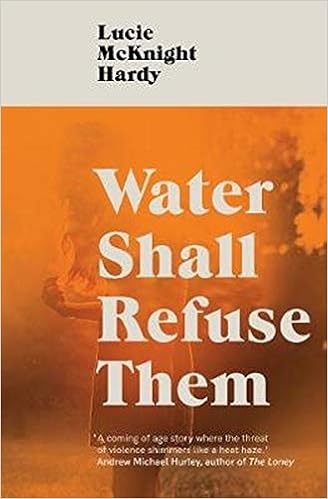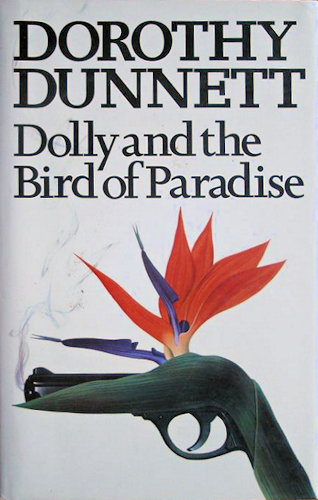You have appeared in the pages of a novel, she said. You and the monster you created. I am the monster you created, said Victor Frankenstein. I am the thing that cannot die – and I cannot die because I have never lived. [loc. 2198]
In 1816, a young woman is spending time with her husband, her step-sister, her step-sister's lover and his doctor in an Italian villa. Confined by appalling weather (this is the Year Without a Summer), they challenge one another to write ghost stories ...
In contemporary, or near-future, America, Dr Ry Shelley is attending a conference on robotics and artificial intelligence. Ry, who self-defines as trans but is also non-binary ('what I am is not one thing, not one gender. I live with doubleness'), encounters Ron Lord, an unashamedly misogynist sex-doll producer whose attitudes are exaggerated enough to be caricature; Claire, an event facilitator who happens to be an evangelical Christian; Polly D, a journalist who's had an unfortunate technical issue with the default settings of a sex toy; and Professor Victor Stein, a charismatic figure with interests in machine learning, medicine and transhumanism. Victor is intrigued by Ry's method of aligning their physical reality with their mental impression of theirself: he is also uneasy about Ry's partial maleness. Nevertheless, theirs is one of the love stories herein.
Winterson's shifts in key, from Ry's narrative to Mary Shelley's, are impressive and sustained. The 19th-century chapters have a lyricism and bleakness to them that brings to mind Frankenstein and its author. The 21st-century chapters are faster-paced, with more dialogue and a great deal of philosophical discussion which frames the novel's climax, and (perhaps) bring the two strands of Frankissstein together. I'm still thinking about how the two stories join, and where Ada Lovelace and the madhouse patient fit into the overall picture ...
I confess I didn't really warm to the 21st-century characters, though Ry is an intriguing and sardonic observer, and an excellent foil for the extravagantly biased perspectives of Polly D, Ron Lord and Claire. The love story between Ry and Victor is fascinating: neither is quite able to accept the other as they are, or to trust them, and yet they are drawn together.
Read for the 'A Book from the 2019 Reading Women Award Shortlists or Honorable Mentions' rubric of the Reading Women Challenge 2020. I'd intended to read Frankissstein anyway, as it's a transformative work and I generally enjoy Winterson's fiction. This was no exception: it is vastly playful, thought-provoking and often very funny. From the reviews I've read, it's also very polarising: I did not find it transphobic or reductive, but your mileage may vary.
Is Donald Trump getting his brain frozen? asks Ron. Max explains that the brain has to be fully functioning at clinical death. [loc. 2301]










